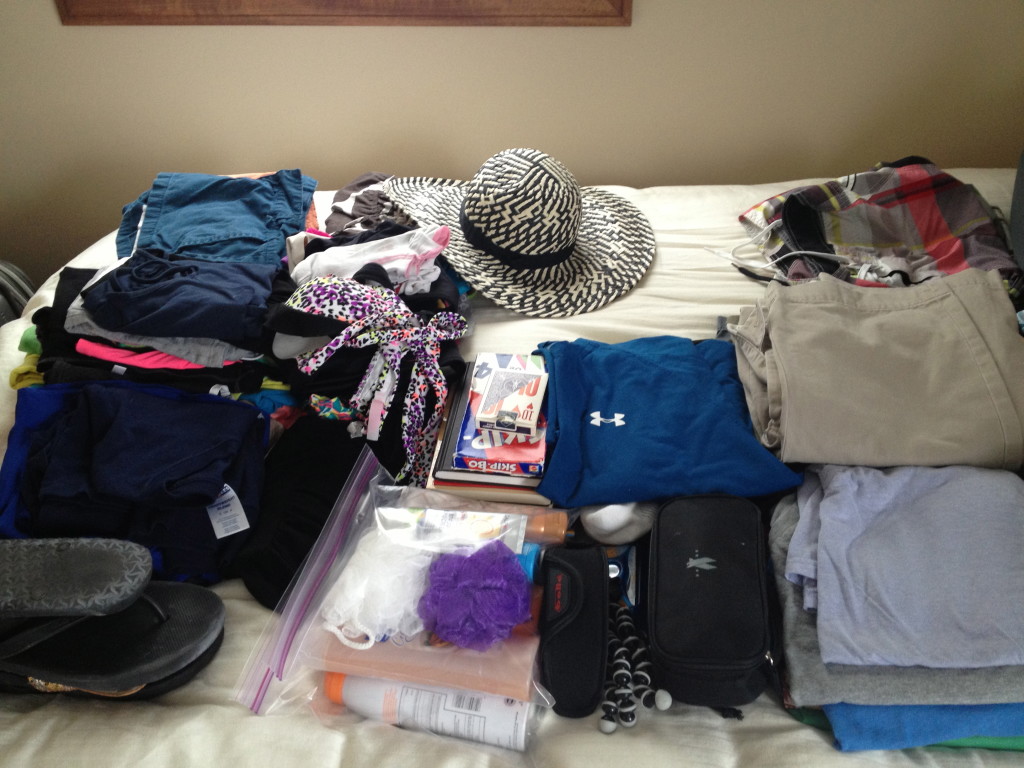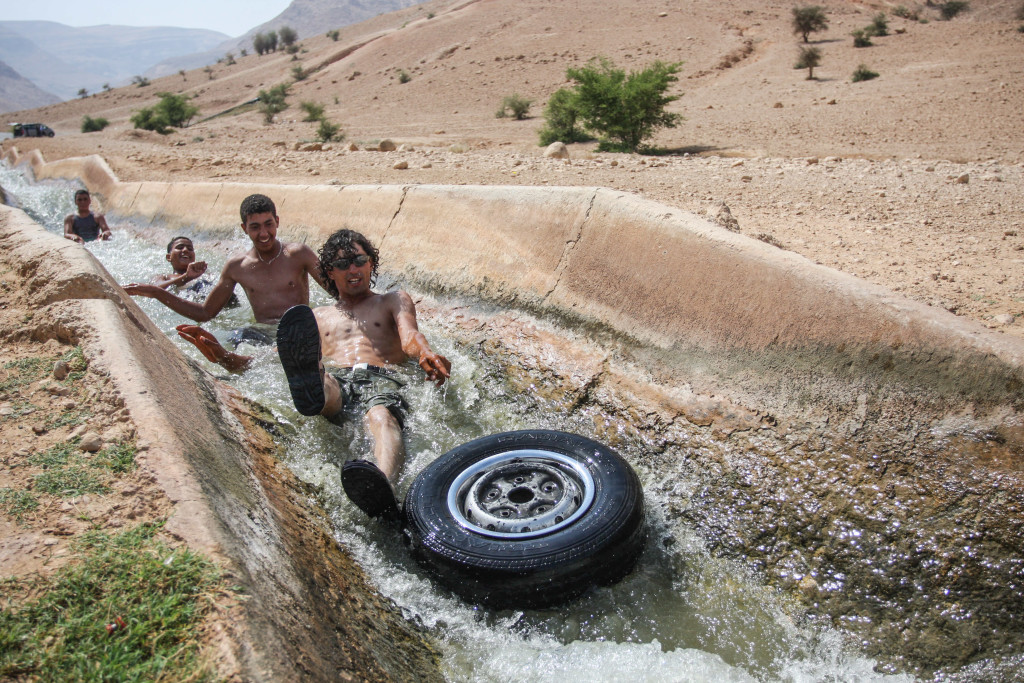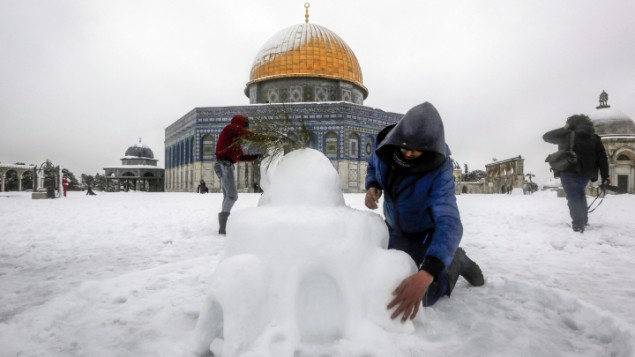Once you’ve booked flights to Palestine, you will have to consider what to bring. The contents of your luggage depends of course on what you intend to do, at what time of year, and for how long is your stay. 
Generally speaking, it’s easy to buy basic shoes and clothes quite cheaply, so if you’re looking to travel light then you shouldn’t have trouble sourcing extra necessities. However, it’s a good idea to bring plenty of basics, since it’s likely to be slightly more hassle in Palestine than driving to a local Tesco or Wallmart.
If you’re travelling during the Summer months, which last from around May until September when temperatures peak, the weather will be continuously hot and sunny (between 20-35 degrees). Hats, suncream and sunglasses are a must to protect from the sun, especially if you plan on hiking. It’s also a good idea to pack a sweater or jacket, since nights in the mountains and the Hebron city can be cool.
Also bear in mind that some desert areas of Palestine, including parts of the hot Jordan valley, such as Ein Geidi, remain hot throughout the winter months, and you shouldn’t need more than a t shirt for a Christmas holiday to these parts. Long sleeves, however, are a must when travelling to religious sites, where women should prepare to be asked to wear a scarf over shoulders and, occasionally, also the head.
More generally, when travelling in Palestinian majority areas of the country, women should wear long sleeves and trousers, or a long skirt in order to avoid unwanted attention. Whilst foreigners are generally warmly welcomed by residents, it’s important that visitors respect the local culture, and tight, or revealing clothing is not a good way of fitting in.
For men, travelling in conservative areas such as Hebron, though long sleeves aren’t necessary except perhaps to cover up against mosquitos trousers are recommended. Sandals for both men and women, are generally acceptable even in conservative religious areas and religious sites.
Winter throughout the central, hilly areas of the country, can get quite cold. From November to February, it’s advisable to travel with jumpers and jackets capable of withstanding a general lack of good heating systems in this climate. Rainfall, on the other hand, is slight, though a raincoat is a good idea if you want something light weight, warm, and breathable if you plan on hiking. Hiking boots meanwhile, are a must to deal with the generally rough terrain if you plan on walking.
In terms of electrical equipment, make sure you bring a three pin converter, though most sockets also work with two pin plugs. We recommend that you bring your laptop.
Here are some suggested things to pack:
– A computer
– A phone
– A book to read
– Your own towels
– Some coffee, (Some internationals do not like the Arabic coffee)
– Formal clothing (only one)
– A camera
– Sport shoes




